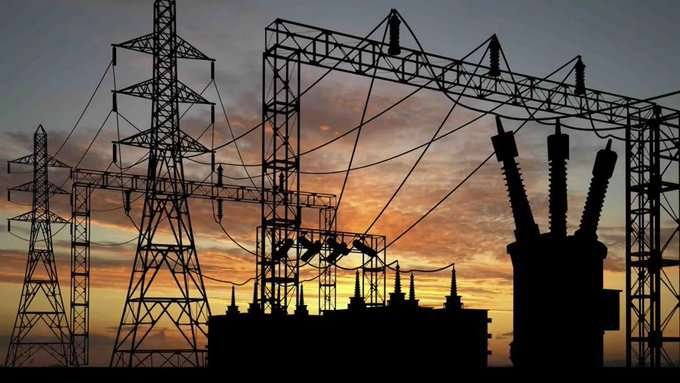For the eighth time in 2024, Nigeria’s power grid collapsed early Saturday, leaving millions of households and businesses in the dark. The continuing collapse has caused widespread discontent and anger across the country, with many calling for urgent action to address the protracted power supply crisis.
The National Grid, managed by the Transmission Company of Nigeria (TCN), has experienced 105 bankruptcies in the past 10 years despite approval of billions of dollars in loans to the power sector. Under the current administration alone, the power sector has secured more than $1 billion in loans from various financial groups. In December 2023, the World Bank approved the $750 million Distributed Access and Scaling-up of Renewable Energy (DARES) project in Nigeria. In July 2024, the African Development Bank Group, AfDB, approved a $500 million loan to Nigeria to help transform the country’s electricity infrastructure and improve access to cleaner energy resources.
Nigeria has secured at least $1.25 billion in loans from the World Bank and African Development Bank (AfDB) to increase electricity supply under President Bola Tinubu’s administration.
The collapse affected major cities including Lagos, Abuja and Kano, with power outages reported in several states. This outage has disrupted economic activity, caused losses for businesses, and impacted services.
According to the Nigerian Electricity Regulatory Commission, NERC, “In recent times, the incidence of grid failures has increased, often resulting in significant power outages in several states, and efforts have been made to reduce infrastructure deficits and improve grid performance. Many of the recent gains in stability have been reversed.
Minister of Power Adebayo Adelabu spoke about the issue of power grid collapse at the Hexin Revoltech company launch, saying that in order to end the constant grid collapse, different regions and states need to have power grids. said.
The minister also said that given the dire state of the country’s power infrastructure, the collapse of the country’s power grid was almost inevitable.
Some Nigerians have expressed disgust at the constant collapse of the power grid. Pat Utomi wrote on X Handle: “It is raining disastrously in Nigeria. All the calls I received today have put a strain on my heart. How many times can any system tolerate the collapse of the national power grid? According to a friend at PH, more Traveling by car is said to have been abandoned due to the lack of awareness of the great dangers involved. Traveling by car risks police, thieves, and bandits, and with inflation plunging the middle class into multifaceted poverty, flying has become an option. The price is out of reach.”
Also, David Offor of X Handle wrote: “Minister Adebayo Adelabu can increase power capacity from about 4,000 megawatts to 5,500 megawatts within a year and is targeting 6,000 megawatts by December. When he said that, he meant it.”
advertisement
However, the latest news on the Nigerian National Power Grid from X-handle says that TCN is expected to complete repairs to the faulty transmission line today.
Recall that the Nigerian Power Transmission Company had earlier announced that two pylons along the 330KV Shiroro-Kaduna transmission line lines 1 and 2 had destroyed the damaged sections of both lines.
The economic and social impact of the grid collapse cannot be overstated as Nigeria struggles to provide reliable electricity to its citizens. The federal government needs to take urgent steps to address the root causes of the problem and invest in modernizing our power infrastructure.

